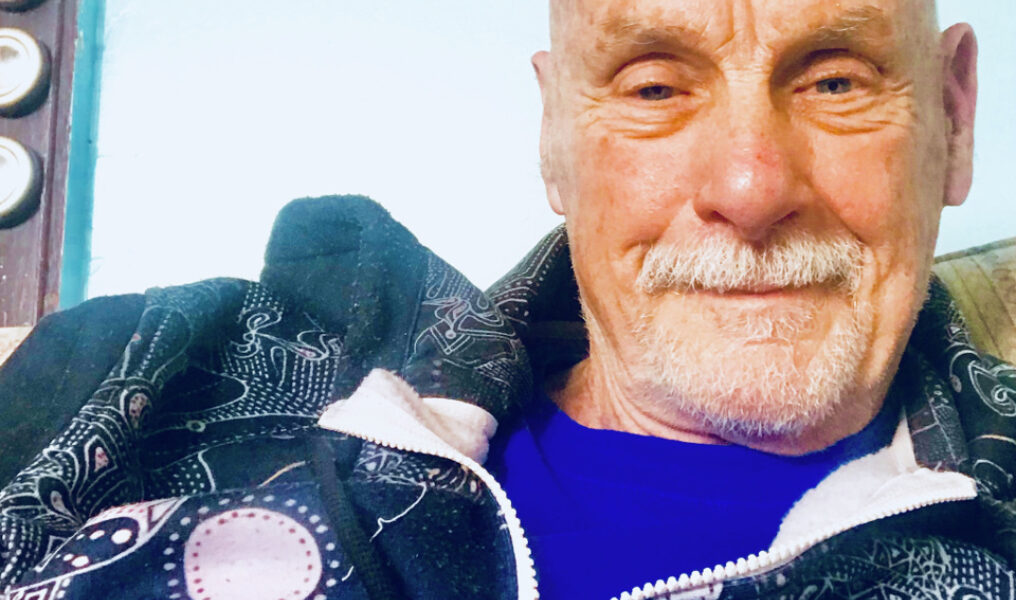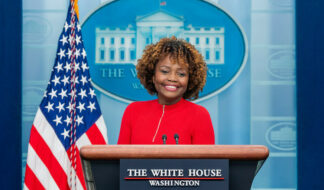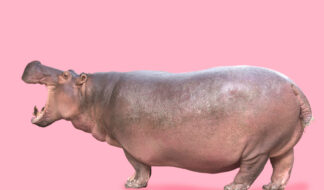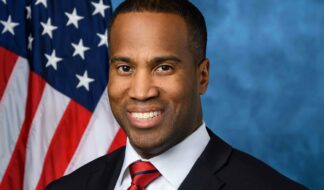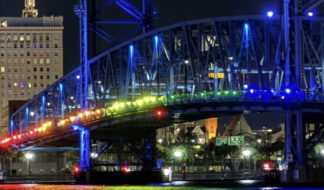As a gay teenager, I hung out at the Hub Grill in downtown Detroit, a greasy spoon of a place, located at Farmer & Bates in convenient walking distance of four quite popular gay bars, city hall and the 1st Precinct Police Station!
Just out of high school I was eager to find work, and a gay friend named George Trapmann — nicknamed "Trapezoid Mary" — told me that Harper Hospital, where he worked, was hiring high school grads to be trained as OR Techs, operating room technicians.
That sounded like a great lead for many reasons, one of which was that I was born at Harper Hospital. (At the time I hadn't the slightest idea that my OR training would lead to what might well be the first coincidence of its kind.)
My training as an OR Tech lasted about two months. I learned how to wash my hands with antiseptic, gown without breaking sterile scrub, how to identify and pass surgical instruments and chromic sutures, how to keep detailed records, use the autoclave, do sponge counts and, once, deal with a dying patient.
OR Techs all wore green scrub uniforms like physican interns, surgeons and medical students on learning assignments. (If a patient called me doc or doctor, I did little to dissuade them from the vicarious honor so accorded me. Suffice it that OR Techs wore no telltale stethoscopes.)
In time, I passed instruments for several caesarian section births, witnessed a four-holed drilled craniotomy, circulated during dozens of tonsillectomies and attended while a patient died on the operating table.
(I and another OR tech ID tagged his right-hand thumb and toe, and took his body three flights down for temporary freezer storage. Our first experience with death, we sought to dispel the unexpected shock by touches of tension-easing humor.)
The shortage of operating nurses during World War II — an understandable critical need — let at the time to the training of laypersons to fill the need.
In the late '50s, there was also an extensive surgical nurse need in metropolitan hospitals, and laypersons — high school grads, conscientious objectors to avoiding war serve — were trained.
As a Harper Hospital OR tech, I made mental notes about who might be gay or lesbian. I suspected the rather butch nurse responsible for keeping surgical tools sharp, honed and sterile was a lesbian.
We OR Techs were also warned about the head of the anesthesia wing and not to accept rides on his summer yacht. There were at the time 13 operating rooms at Harper, numbered 1 through 14. There was no number 13.
Once I attended my third surgical go-around the sight of blood no longer bothered me. I also found out that surgery often was subject to participant talk about sports, touches of humor and banter among the interns, residents and surgical chiefs.
Each surgery ended with what was called a "sponge count." No surgical opening could be sewn shut until the blood-absorbing sponges were accounted for, to confirm that none were left in the patient.
Alas, in one surgery, a sponge was missing. We recounted and recounted. Finally, a resident admitted to standing on the truant sponge. Was it an accident or a OR prank?
And, shat may well be an item for the Guiness Book of Records, I had the privilege of scrubbing with the doctor who brought me into the world, Dr. Leonard Heath.
Whether of not I was his first gay baby birth is not known. It was, however, I'm sure a memorable experience for me and, presumably, Dr. Heath.
When I was also 19 I was required to take my physical examination for military service. I passed the exam, but because I did not want to be separated from my first gay partner at the time, I checked the homosexual tendencies box. Yes! I had more than the requisite tendencies,
The psychiatrist asked me if I could offer proof to back up my honesty.
"I can talk about my experiences," I replied.
And, so I was classified 4F — excused from military service. However, during the Cuban Missile Crisis of the 1960s under President JFK, I was reclassified 1A — eligible to serve if an international conflict took place. Fortunately, it did not,
So, while I would probably have served as a medically trained gay military combatant, I was spared service. Who knows? Perhaps in Vietnam. (A gay friend who served there died not long ago from exposure to Agent Orange exposure.)
Parting Glances: From a book in progress
